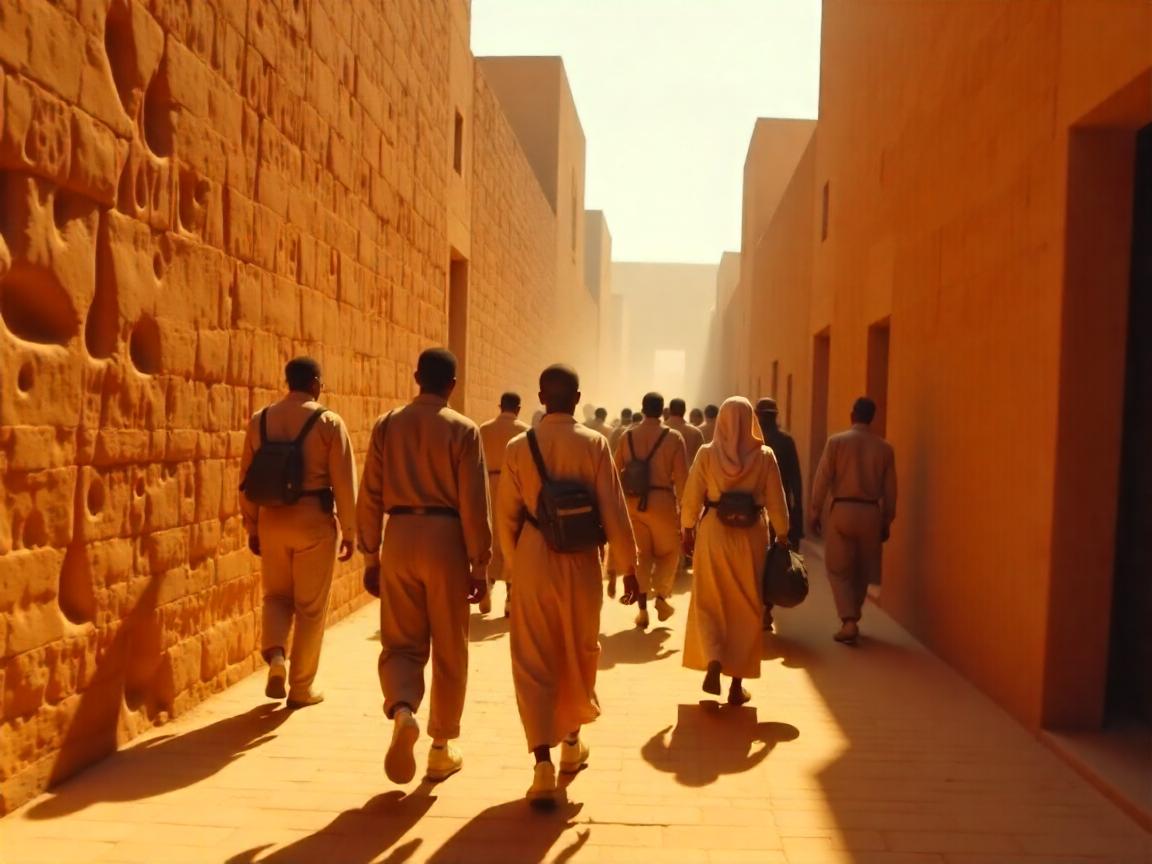When considering a trip to Mali, one of the first questions that arises is, **”Is Mali safe to travel?”** The answer is complex and depends on many factors. This guide aims to provide a thorough overview of the safety and security situation in Mali, enabling you to make informed decisions for your travel plans.
1. Understanding the Current Security Situation in Mali
Mali has faced significant challenges regarding its **safety and security** in recent years. Factors such as political instability, insurgency, and terrorist activities have raised concerns among potential travelers. Areas such as **Northern Mali** have been particularly affected, with increased reports of terrorist incidents and instability.
1.1 Risk of Terrorist Attacks
One critical aspect to consider is the **risk of terrorist attacks**. The northern regions of Mali have experienced a spike in violence due to insurgent groups. These groups have targeted both local and foreign interests, making safety a paramount concern for those contemplating travel.
- Travelers should be aware of:
- Designated high-risk areas, mainly in **Northern Mali**.
- Possible **terrorist attacks** on tourists and public places.
1.2 Political Instability
Political unrest in Mali has led to military coups, affecting overall safety. The **security situation** remains fluid, and travelers must stay informed about ongoing political developments to navigate this ever-changing landscape safely.
2. Areas of Concern
When assessing whether **Mali is safe**, certain geographical areas present varying levels of risk. Understanding the regions will help travelers make informed choices.
2.1 Northern Mali
**Northern Mali** has witnessed significant unrest due to militant activity. It is advisable for tourists to avoid this region altogether until conditions stabilize. Areas like Timbuktu and Gao, while historically rich, are currently considered high-risk zones.
2.2 Southern Mali
In contrast, **Southern Mali**, especially the capital **Bamako**, generally presents a safer environment. Bamako is more stable and welcoming to tourists, with various attractions and cultural experiences.
Safety Considerations in Southern Mali:
- Stay updated on local news and government advisories.
- Use registered local guides for safety and ease of navigation.
- Avoid protests and large gatherings of people.
3. Travel Precautions and Advice
To enhance your travel experience while ensuring safety, consider the following advice before embarking on your journey to Mali.
3.1 Stay Informed
Before **traveling**, always check the latest travel advisory from your government. Websites such as government travel pages provide crucial updates and safety information. This will equip you with the knowledge to navigate potential risks effectively.
3.2 Travel Insurance
Getting comprehensive **travel insurance** is essential when visiting Mali. Coverage should include medical emergencies and evacuation options, especially considering the security situation. Many insurance providers offer plans specifically tailored to high-risk areas.
3.3 Respect Local Customs
Understanding and respecting local culture is vital when visiting Mali. This includes adhering to the dress code, behavior, and customs to foster goodwill with local residents. This can contribute to a safer travel experience overall.
4. Safe Travel Tips for Mali
Here are some practical tips to follow while traveling in Mali to ensure a smooth and enjoyable experience:
4.1 Planning Your Itinerary
Utilize a well-planned itinerary that allows for flexibility while prioritizing safety. Avoid high-risk areas and focus on regions known for their hospitality and security. Cities like **Bamako** and **Segou** offer cultural experiences with comparatively safer environments.
4.2 Transportation Safeguards
When commuting within Mali, rely on reputable transport services. Consider using private car rentals or registered taxis for safekeeping while traveling. Avoid traveling at night, especially in unfamiliar areas.
4.3 Emergency Contacts
Be sure to keep crucial emergency contacts readily available. This includes your country’s embassy or consulate in Mali, local authorities, and trusted contacts in the region. Knowing who to call in case of an emergency can significantly ease stress.
| Emergency Contact | Contact Information |
|---|---|
| Local Police | 17 |
| Hospital Emergency | 119 |
| Your Embassy | [Insert embassy contact] |
5. Conclusion: Is Mali Safe to Travel?
Determining whether **Mali is safe to travel** is not a straightforward answer. While there are areas of risk, especially in the north, regions such as **Bamako** offer culture and beauty with improved safety conditions. Always stay informed, respect local customs, and prioritize safety when planning your trip. By being proactive and well-prepared, travelers can enjoy the unique experiences that Mali has to offer. With services like GetTransfer, you can seamlessly plan your itinerary and ensure a safer travel experience without overspending.


Comments